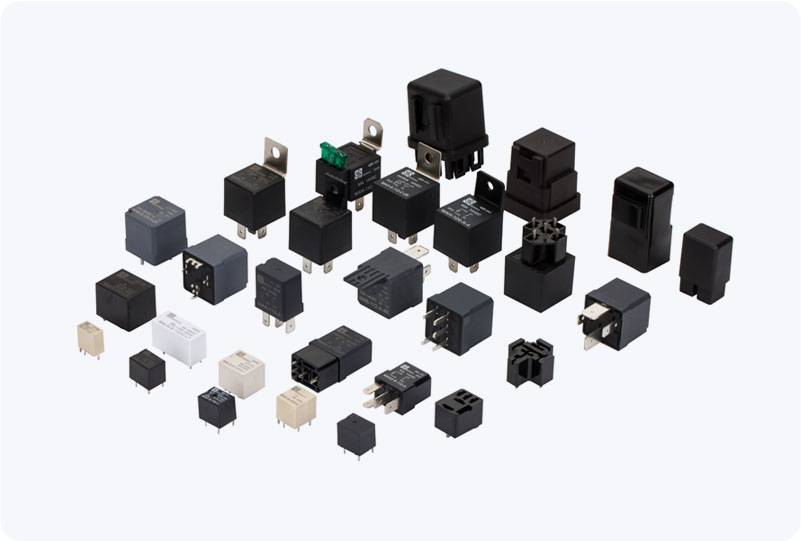understanding the importance of ground fault relay in electrical safety
Release time:2025-11-10 11:23:34
A Ground Fault Relay (GFR) is a crucial component in electrical safety systems, designed to detect and protect against ground faults in electrical circuits. Ground faults can occur when electrical currents flow through unintended paths, often via the ground, posing serious risks such as electrical shock, fire, and damage to equipment. The primary role of a ground fault relay is to quickly identify these faults and take action to prevent further harm or damage. In this article, we will explore the working principle, applications, and significance of Ground Fault Relays in ensuring the safe operation of electrical systems.

What is a Ground Fault Relay? A Ground Fault Relay is an electrical protection device used to monitor and detect the presence of ground faults within an electrical system. A ground fault occurs when electrical current flows through the earth or another unintended path, rather than following the designed circuit. This can be caused by various factors such as insulation failure, damaged wiring, or moisture in electrical components. The relay continuously monitors the current in the system and, if it detects an imbalance, it can trigger an alarm or shut off the circuit to prevent further issues.

